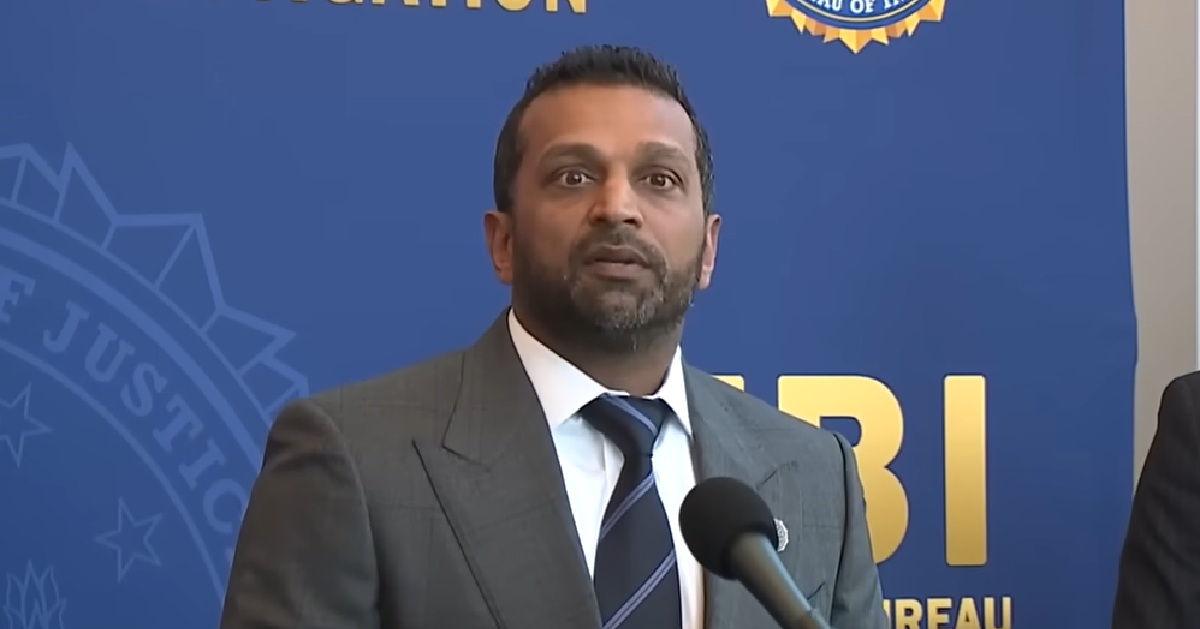RFK Jr. argues for a potential link between circumcision, Tylenol, and autism
Secretary of Health and Human Services (HHS) Secretary Robert F. Kennedy announced last month that his department is exploring a potential link between Tylenol and autism.
Kennedy followed the announcement up this past week with a bombshell suggestion that circumcision could also be a factor.
Kennedy's remarks came during a cabinet meeting on Thursday
According to the New York Post, Kennedy's statement came during a Cabinet meeting held at the White House on Thursday.
RFK Jr. says circumcisions lead to autism — here’s the truth behind the shocking claim https://t.co/GZc1n2F6v9 pic.twitter.com/Sh9CE2zIKd
— New York Post (@nypost) October 10, 2025
"There’s two studies which show children who are circumcised early have double the rate of autism. It’s highly likely because they were given Tylenol," Kennedy was quoted as saying.
President Donald Trump agreed, declaring, "There’s a tremendous amount of proof or evidence, I would say as a non-doctor." Trump added that he looked at the subject "a long time ago."
The Post noted how the HHS secretary did not point to any specific studies linking circumcision and autism during the course of Thursday's meeting.
Two studies suggest some correlation between autism and circumcision
However, the newspaper highlighted a Danish paper published in 2015 which followed the lives of some 340,000 boys between birth and age 10.
The authors concluded that those boys who had undergone circumcision were slightly more likely to exhibit autism than those who had not.
They speculated that the pain and stress experienced by circumcised infants could have impacted their brain development but did not have information regarding whether Tylenol was used. Some critics later suggested that the paper was flawed due to statistical limitations.
Meanwhile, another study published in 2013 looked at circumcision and autism rates in eight countries, finding a weak correlation between the two.
Doctor: Trump administration "is good intentionally" but has "terrible" messaging
Dr. Robert Melillo is a neuroscientist who has spent the past three decades working with autistic people, and he said that the Trump administration "is good intentionally" on the issue.
Nevertheless, he described its messaging as "terrible," arguing that it is needlessly heightening worry and anxiety among parents.
"To really understand causation, you have to first explain what autism is and what is actually happening in the brain, and nobody is doing that at any level," Melillo said.
"You can’t speak to causation if you don’t understand what the actual problem is, and that’s part of the confusion," he went on to add.



